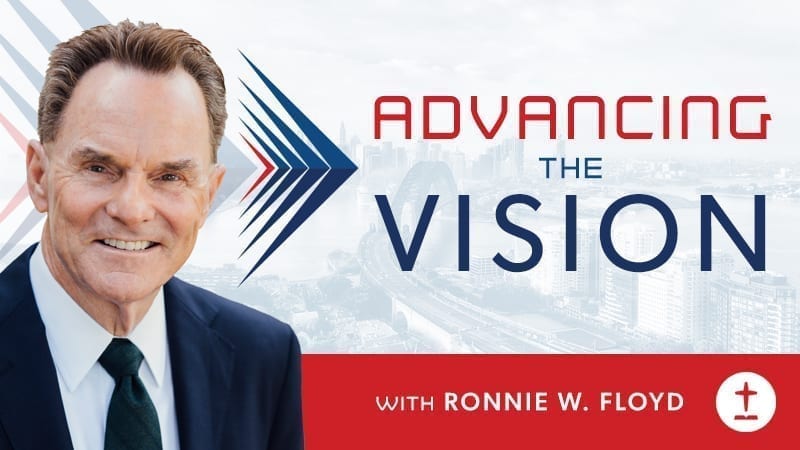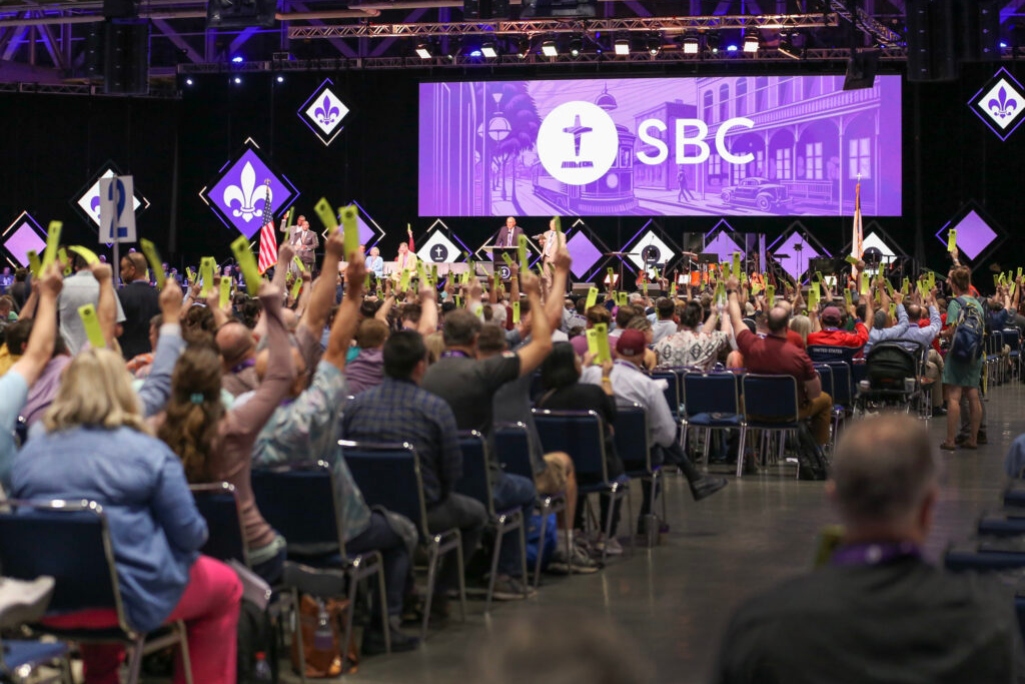The Fair Labor Standard Act (FLSA) has been amended by the Department of Labor. Its changes may impact your ministry and your congregation. The FLSA has a simple purpose: to ensure employees that qualify for overtime pay are compensated for their labor. While lawsuits have been filed to challenge the new rules and bills have even been introduced in Congress seeking to overturn the new rules, changes to FLSA are scheduled to go into effect Dec. 1, 2016. The new rules have raised numerous questions for churches and for good reason.
What follows should not be construed as legal or financial advice. Church leaders should consult a lawyer and accountant to ensure compliance with the law.
The FLSA does not provide a stated exemption for churches as employers, or ministers as exempt employees, however there are court-created exceptions for religious workers.
Previously, FLSA rules mandated that an employee whose annual salary fell below $23,660 was automatically considered an hourly employee and must be paid overtime when they exceed 40 hours in a work week – regardless of the pay period (weekly, bi-weekly or monthly). As of Dec. 1, employees whose annual salary is below $47,476 are automatically eligible for overtime and when they exceed 40 hours in a workweek, the employer is expected to pay them time and a half for those hours worked in excess of 40 hours.
Immediately, several questions come to mind for churches:
- Does this apply to ordained ministers?
- Does this apply to non-ordained individuals serving in ministerial positions?
- Does this apply teachers in a church-operated pre-school, elementary school and high school?
Ordained ministers employed in ministerial roles by a church appear to remain exempt from overtime after Dec. 1. This means that churches may continue to compensate them as salaried employees and the ministers are not entitled to overtime.
The key point is that ordained ministers must be employed in ministerial positions. A church cannot ordain an individual in a non-ministerial position (such as a custodian or secretary), give that position ministerial responsibilities and then declare the position is exempt from overtime. Furthermore, a church cannot simply change the job title of an employee by adding the title “minister” to the position and claim the employee is exempt from overtime. Ministerial duties must not be a small part of what an employee does, but rather the overarching focus of what an employee does to be considered exempt from overtime.
Non-ordained employees earning an annual salary less than $47,476 must be considered eligible for overtime, even if their duties are ministerial in nature. In addition, non-ministerial employees earning a salary below the threshold must also be considered eligible for overtime, even if some of their duties appear ministerial in nature. This means it becomes important for non-ordained and non-ministerial employees to keep a record of hours worked each week to meet the requirements of FLSA.
Many churches employ part-time youth ministers, music ministers, interns and others that have not been ordained. Careful attention should be paid to the expectations of these employees when they take mission trips, attend summer youth camps, lead weekend retreats and so on. Churches should prepare an agreement prior to such events where both the employee and employer identify which hours are considered work hours for that event. While the church may pay the non-ordained employee a flat salary for a specified number of hours per week, the church must also calculate an hourly rate that can be used for overtime calculations.
The FLSA provides an exemption for teachers, but not all teachers.
The act does not specifically identify pre-school teachers as exempt. For churches that employ elementary, middle school and high school teachers these positions may fit the definition of “bona fide” which is as follows: “A bona fide teacher has a primary duty of teaching, tutoring, instructing, or lecturing in the activity of imparting knowledge, and is employed and engaged in this activity as a teacher in an educational establishment.
An ‘educational establishment’ means an elementary or secondary system, an institution of higher education or other educational institution.”
What can a church do if a position falls short of the new annual salary threshold? The Church Law Group makes the following suggestions:
1. Pay the overtime. Implement a system where employees track their hours and when they exceed 40 hours in a week, simply pay the overtime.
2. Raise salaries. Where practical, the church that has an employee that meets one of the three exemption tests and is very near the $47,476 threshold may simply wish to give that employee a raise. Please note that a one-time bonus is not considered an addition to annual salary. In addition, the Department of Labor has indicated that the current threshold will be reviewed and increased within the next three years.
3. Adjust work schedules. Is it necessary for an employee to work in excess of 40 hours per week?
In addition, Davis Blount, a Certified Public Accountant that serves on our staff as the GuideStone Representative, notes that churches may wish to change the compensation of all overtime eligible employees (non-exempt employees) from salary to hourly pay so that work hours are regularly recorded.
Some church leaders may be tempted to intentionally ignore these changes to FSLA. Be advised that the fines for failing to pay overtime to employees that are eligible begin at $10,000 for each intentional violation.
The attached chart calls attention to “enterprise coverage” which will apply to few churches as this is an exemption for religious non-profits that are engaged in interstate sales and commerce. If you feel your church may be identified as an enterprise, please consult an accountant.
As you have questions, I hope that you will feel free to contact me at (800) 395-5102 or [email protected]. There are three other well qualified individuals on our staff that will be happy to assist congregations as well: Pamela Bills, director of human resources [email protected], Davis Blount, GuideStone Representative: [email protected], and John Butler, executive leader for business services: [email protected].
Examples of exempt, non-exempt employees
Example 1: Non-exempt youth minister
A part-time youth minister is not ordained. This employee’s annual salary is $25,000. Previously, this employee earned more than the threshold amount of $23,660 annually and was exempt from overtime. However, because the annual salary is below the new threshold of $47,476, this part-time minister is eligible for overtime.
When the part-time youth minister takes youth to a seven-day youth summer camp, this employee will potentially exceed 40 hours for that week. This means that the part-time youth minister’s supervisor will need to identify the working hours for the youth minister before the group leaves for camp. If the part-time youth minister exceeds 40 hours for the week they must be paid overtime for that week.
Example 2: Exempt music minister
Let’s consider another example: a senior music minister in a large congregation is not ordained. This minister’s annual salary is $48,000 (just above the threshold established by FLSA). However, simply meeting the salary test is not enough. Three other tests, (called “Duties Tests”) outlined on the attached chart, are taken into consideration following the annual salary test.
1. If the church also employs an associate minister and a secretary to whom the senior music minister gives oversight, the “executive test” is met because the senior music minister is supervising two or more employees.
2. If the senior music minister is authorized to exercise “discretion and independent judgment with respect to matters of significance” – and the planning of worship and oversight of the overarching musical ministries of the church is a matter of significance – then the “professional test” has been met.
3. If the senior music minister holds “advance knowledge” and “talent in a recognized field of artistic endeavor” then “administrative test” has been met. Because the salary test has been met and one of the additional tests (executive, professional or administrative) has been met, this employee is exempt from overtime.


